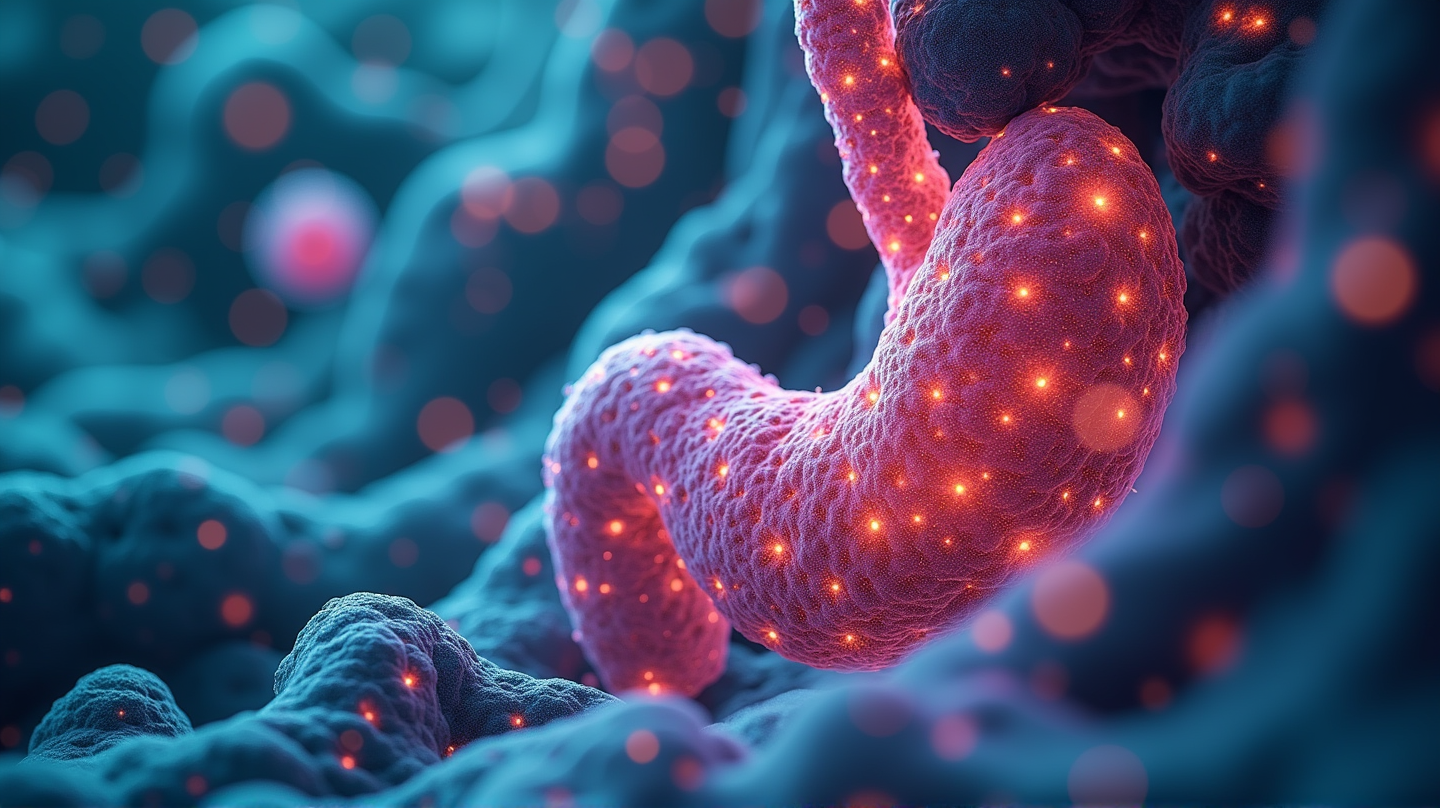Inflammatory bowel diseases (IBD) such as Crohn’s disease and ulcerative colitis are notorious for their relentless symptoms, including persistent diarrhea, fever, and debilitating pain. These conditions also take a significant toll on mental health, overshadowing the everyday life of patients. Modern medicine offers various treatments, yet only some individuals find relief. The missing link? A complex interplay between our body’s metabolism and the intestinal microbiome may hold the key.
Metabolism: The Unseen Culprit
In a revelatory breakthrough, researchers from Kiel University and the University Medical Center Schleswig-Holstein have unveiled how disrupted metabolism between the host and its gut microbiome further fuels IBD. According to Technology Networks, a meticulous study published in Nature Communications highlights the profound metabolic imbalance in IBD patients—an insight that could steer treatment approaches away from traditional therapies focusing solely on the immune system.
A Closer Look at the Gut’s Micro-Universe
Analyzing samples from patients, the diligent team employed cutting-edge methods such as metagenomics, transcriptomics, and metabolomics to decipher the biochemical chaos. The illuminating results? A significant reduction in metabolic activity ties directly with hampered communication between the body’s cells and its microbial inhabitants.
Nutritional Nuances: A Personalized Path
The study hints at the exciting possibility of tackling IBD metabolically. By using computer models, researchers tested how specific dietary adjustments might rectify the metabolic disruption. While no universal dietary solution exists, the notion of customizing diets based on individual metabolic profiles offers a glimmer of hope for personalizing IBD management.
Paving the Way for Future Innovations
With this pioneering study, we edge closer to deciphering the metabolic puzzle of IBD. The next steps? Validating findings in laboratory settings and crafting targeted interventions to mitigate the metabolic shifts observed in patients. The endeavors are part of broader initiatives like the DFG-funded miTarget group and the BMBF-backed iTREAT project.
As we advance, these insights offer a promising foundation for personalized medicine—ushering a new era where treatment is tailored precisely to individual metabolic needs. In understanding the metabolic mysteries of intestinal inflammation, we find not just answers but potential paths to relief.
